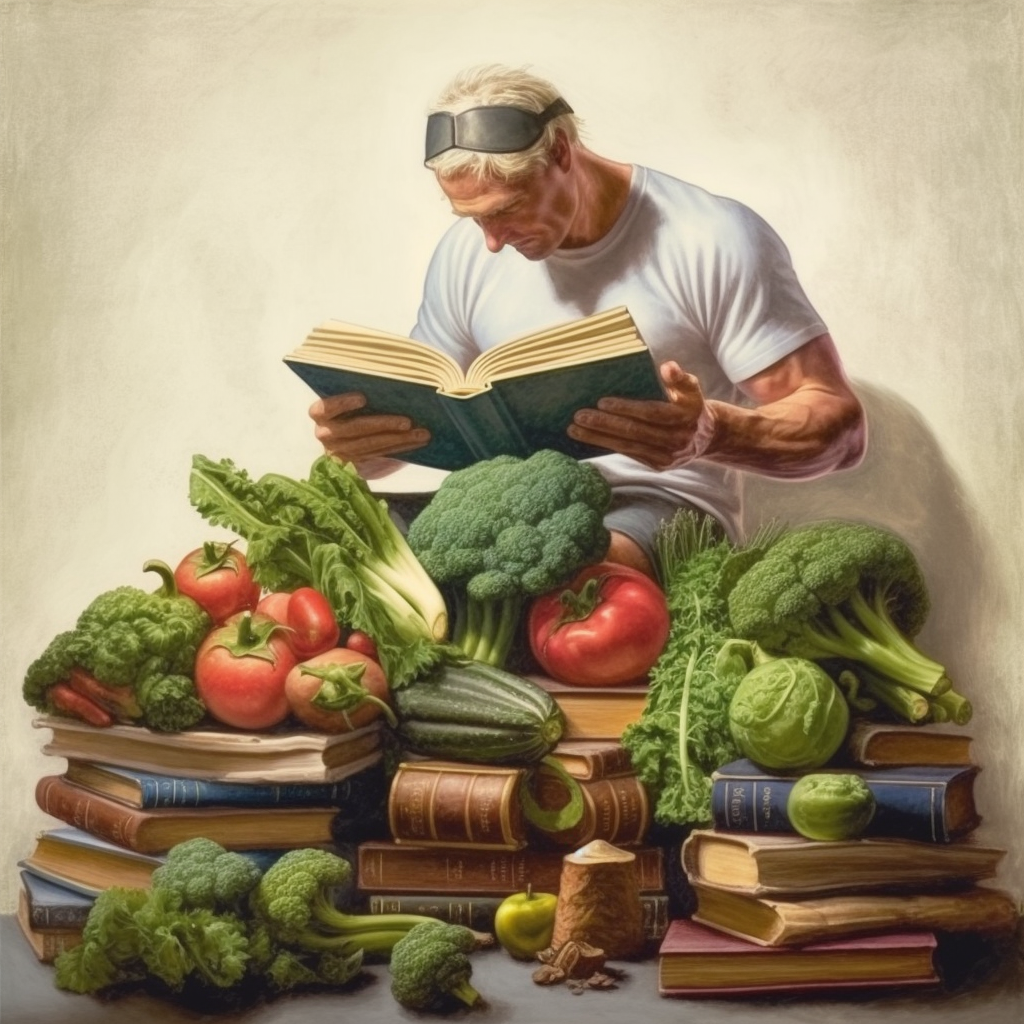In today’s fast-paced world, the concept of freedom is often misconstrued. For many, freedom is seen as the ability to do anything one desires, to have limitless options, and no boundaries. However, this vast array of choices might not lead to the liberation one might anticipate. Instead, it often leads to a phenomenon termed the “paradox of choice”. In reality, true freedom isn’t about having infinite options but about setting boundaries for oneself.
The Paradox of Choice
Psychologist Barry Schwartz, in his book “The Paradox of Choice,” posits that an overabundance of choices can lead to anxiety and dissatisfaction. When presented with a myriad of options, individuals often feel overwhelmed and unable to make a decision. Even after choosing, they might question if they made the right choice or if there was a better option they overlooked.
The crux of Schwartz’s argument is this: too much choice, rather than being liberating, can actually become restrictive. It can lead to decision paralysis, regret over unchosen options, and ultimately, decreased happiness.
Boundaries as a Source of Freedom
While it might seem counterintuitive, setting boundaries can be incredibly freeing. Boundaries give structure and clarity, reducing the cognitive load associated with endless decision-making. When we limit our choices, we reduce the potential for regret and second-guessing. This, in turn, can increase our satisfaction with the choices we do make.
Renowned author and researcher Brené Brown touches upon the importance of setting boundaries in her work. She suggests that clear boundaries allow individuals to stay in their integrity and lead a more authentic life. By establishing what is and isn’t acceptable, individuals are better equipped to make decisions that align with their values and beliefs, leading to a sense of true freedom.
Freedom Through Discipline
It’s essential to understand that some of the most sought-after freedoms, such as freedom from illness, freedom of time, and freedom from poverty, are often achieved through discipline and setting self-boundaries. Maintaining health requires regular exercise, a balanced diet, and routine check-ups. Financial freedom often necessitates budgeting, saving, and investing wisely. And the freedom of time comes from effective time management and prioritization. Each of these freedoms is not the result of limitless choices but the product of discipline and clearly set boundaries.
Reframing Our Perception of Freedom
Freedom, then, isn’t about doing whatever one desires without restraint. It’s about understanding oneself, recognizing what truly brings joy and contentment, and setting boundaries that align with those realizations. It’s about creating a life where choices are meaningful and not overwhelming.
In conclusion, while society often equates freedom with limitless choices, it’s essential to recognize the potential pitfalls of this belief. True freedom isn’t about having everything, but about knowing what’s truly important and focusing on that. By setting boundaries and reducing the overwhelming number of choices in our lives, we can find a deeper sense of satisfaction and happiness.
P.S. In the modern era, with unparalleled freedom of choice, many find themselves grappling with a sense of meaninglessness. This is akin to cheating in a video game; there’s an initial surge of enjoyment, but it often leads to a lack of fulfillment and can even spiral into depression. The antidote? Finding routine and establishing self-boundaries. By doing so, one can regain a sense of control and purpose, anchoring themselves in a world of endless possibilities.



